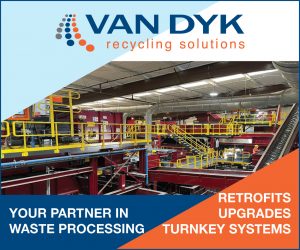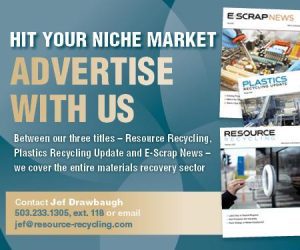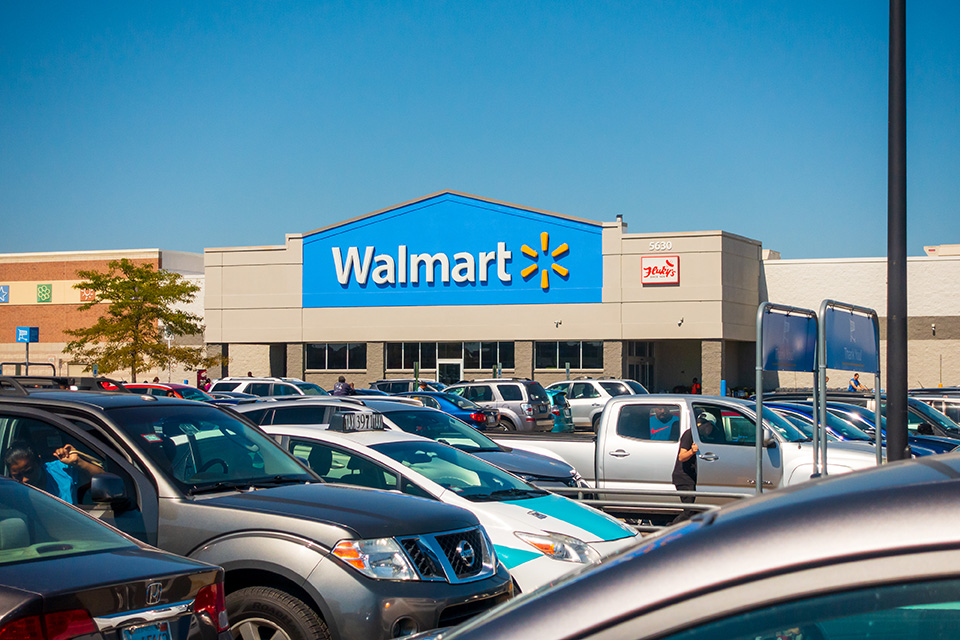
This latest suit marks at least the third time Reynolds has found itself in legal hot water over its Hefty recycling bags. | Anton Gvozdikov/Shutterstock
Reynolds Consumer Products faces yet another lawsuit over its recyclables collection bags, this time from Minnesota’s top legal officer.
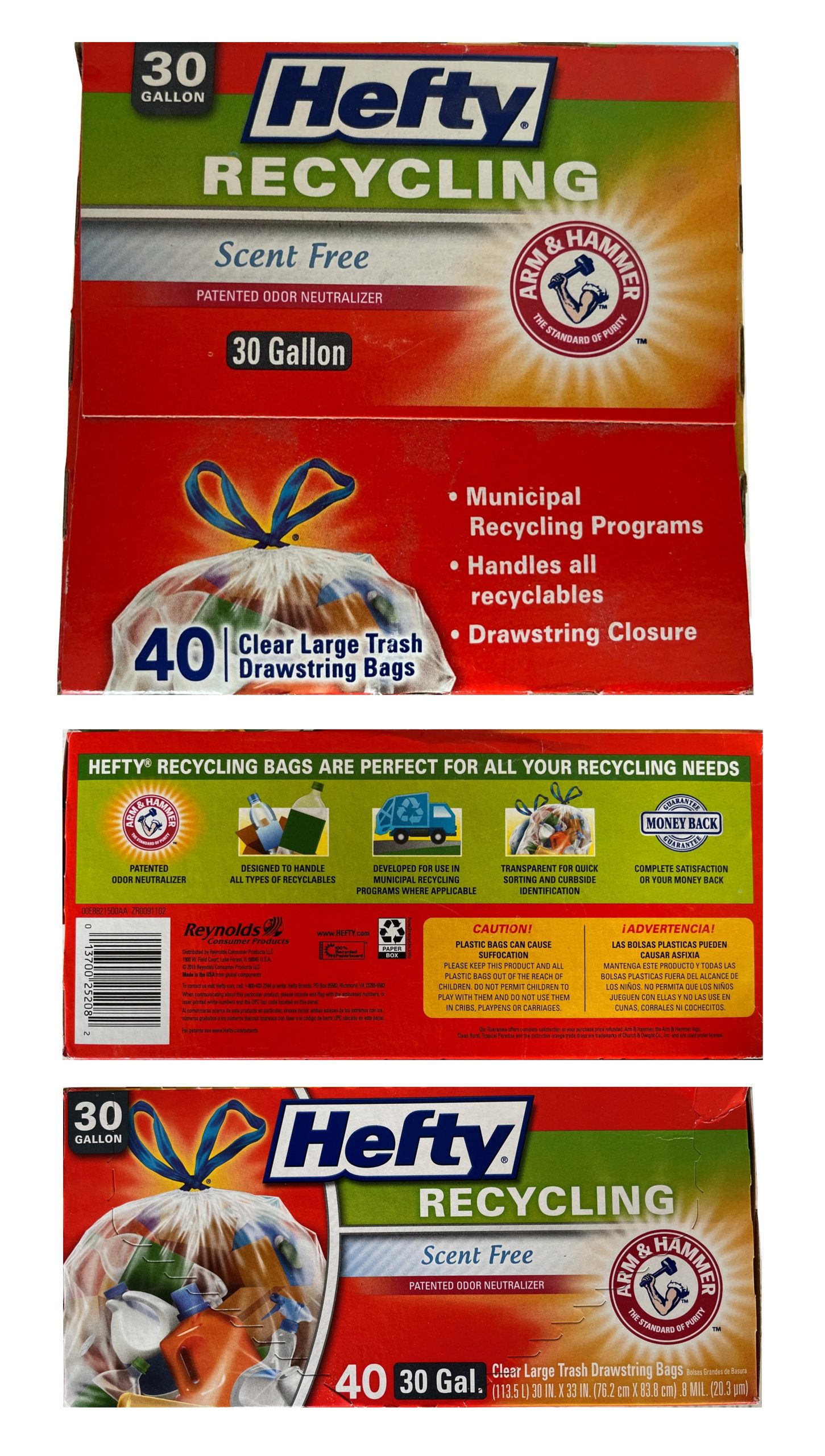
Provided by the office of Minnesota Attorney General Keith Ellison
Minnesota Attorney General Keith Ellison on June 6 filed a lawsuit against Reynolds and Walmart, accusing them of deceiving consumers with their marketing of Hefty brand recycling bags. Filed in Ramsey County district court, the complaint argues the bags themselves aren’t recyclable in the state and, when placed at the curb, render the whole bag full of materials unrecyclable.
“Reynolds and Walmart … are taking advantage of Minnesotans’ good intentions to misleadingly market so-called ‘recycling’ bags to us that can’t be recycled and actually harm recycling,” Ellison stated in a press release. “I’m holding Reynolds and Walmart accountable for putting their ill-gotten profits ahead of people, our environment, and the law.”
The press release quotes Lynn Hoffman, co-president of nonprofit Twin Cities-area MRF operator Eureka Recycling, which is part of the Alliance of Mission-Based Recyclers (AMBR). She noted that plastic bags wrap around sorting equipment, creating a safety hazard, and they can contaminate fiber streams.
“When recyclable material comes into our facility contained in a plastic bag, we have to throw it away because there is too much risk of injury for our employees to rip open the bags as they come across the line,” Hoffman said.
Just one of multiple legal cases
This is at least the third time in recent years Reynolds has faced legal challenges to its Hefty recycling bags.
One year ago, Connecticut’s attorney general filed a lawsuit against Reynolds Consumer Products, alleging the company “falsely and deceptively marketed Hefty ‘Recycling Bags’ despite full knowledge that their bags were incompatible with recycling facilities in Connecticut.” That case is still active, with the parties jockeying over which information they must share with each other before trial.
Additionally, a private citizen, Lisabeth Hanscom, filed a lawsuit in federal district court in Northern California in 2021, but she dropped her complaint in August 2022 after the judge handed her case a couple of setbacks.
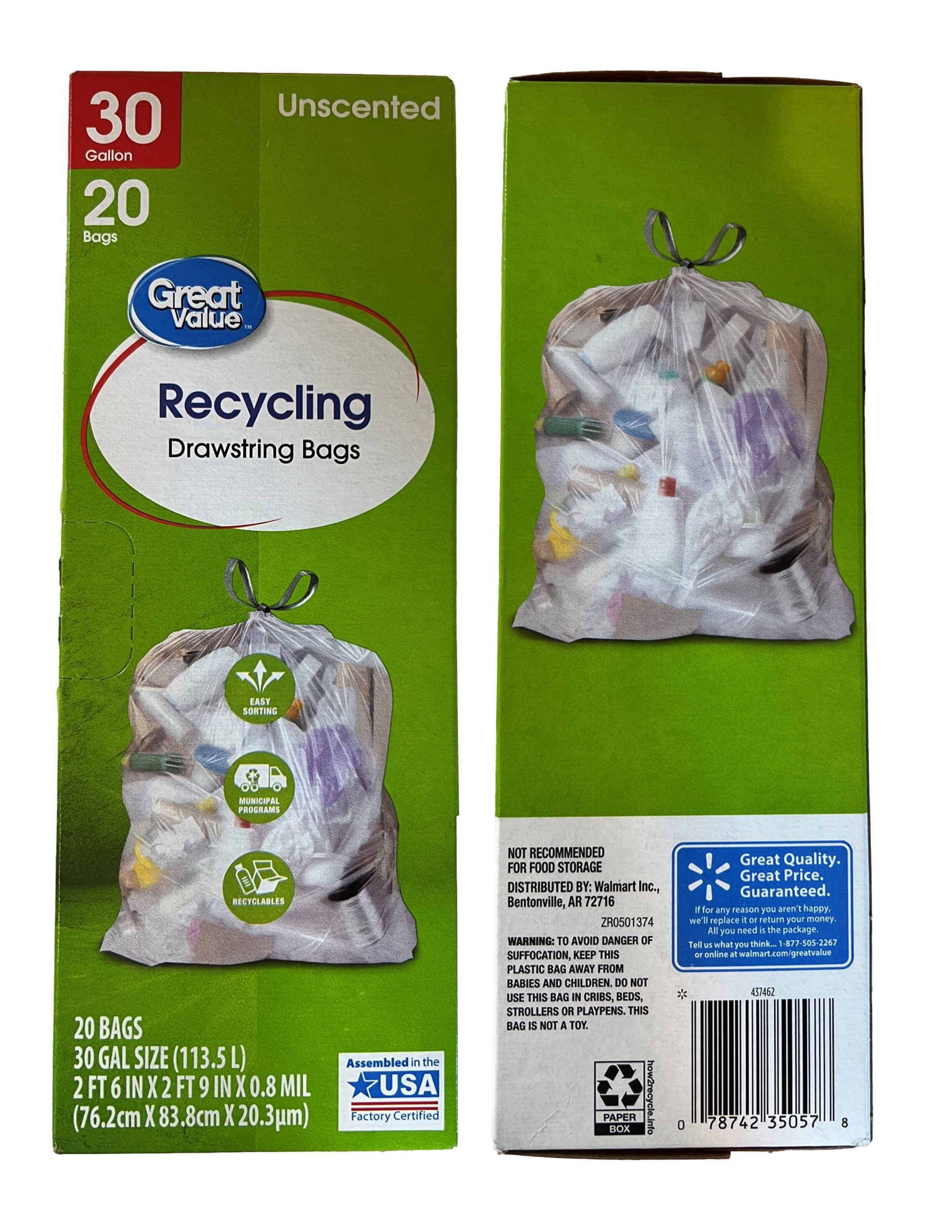
Provided by the office of Minnesota Attorney General Keith Ellison
Neither is Reynolds the only company to face a lawsuit of this type. San Francisco resident Patrick Peterson in February 2023 sued The Glad Products Co. and its parent company, Clorox, in a federal court in California over the Glad brand recycling bags. Last month, The Glad Products Co. asked the judge to toss out part of the case, specifically Peterson’s standing to seek an injunction blocking continued sales of the bags.
Unlike the other cases, however, Ellison’s lawsuit also names Walmart as a defendant. The world’s biggest retailer sells its own brand of recycling bags.
Most recycling programs across the U.S. ask residents to place recyclables loose in their curbside containers, but there are some that use bagged collections, including New York City’s. In response to the California lawsuit, a Glad spokesperson previously told Resource Recycling that the company’s packaging encourages consumers to check locally whether bags are accepted in their programs.
Ellison’s press release noted that Reynolds and Walmart have recently changed marketing language on their websites and packaging.
Reynolds changed website language to make it clear the bags are designed for use in participating programs only and to encourage consumers to check locally. Walmart altered the packaging to no longer state that the bags are suitable for municipal programs, “despite continuing to sell the bags with similar misleading statements and pictures that encourage consumers to use the bags as receptacles for recyclable materials that will inevitably be processed by municipal recycling programs,” the press release states.
Ellison’s office cited the marketing language changes as evidence the companies “understand that what they are doing is intentionally misleading.”
A spokesperson for Reynolds Consumer Products said the company can’t comment on pending legislation.
Reynolds Consumer Products’ 2022 environmental, social and governance (ESG) report notes that the company had a goal of providing online or on-package recycling instructions for all U.S. branded products by 2022. The company says it achieved that goal.
A spokesperson for Walmart said, “Walmart does not manufacture these items, and we look to our suppliers to provide quality products that comply with all applicable laws, including labeling requirements. We will respond in court as appropriate.”
Facing a patchwork of very different recycling programs across the country, consumer product brand owners will frequently ask consumers to check their local recycling programs for material acceptance. Whether – and in which situations – that language is sufficient has been the subject of debate among industry stakeholders who are chiming in as the Federal Trade Commission updates its Guides for the Use of Environmental Marketing Claims.


